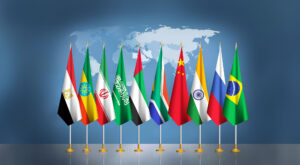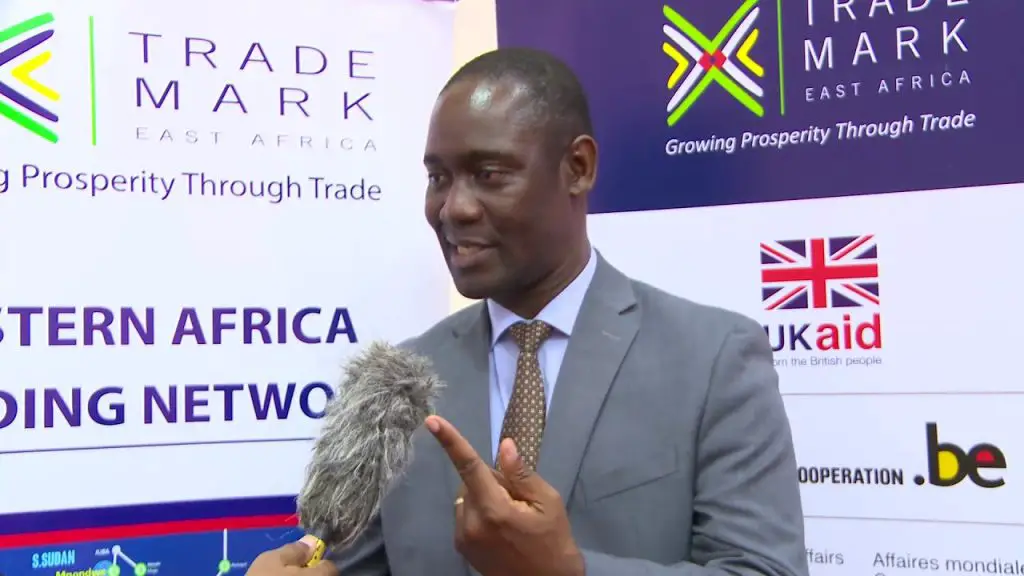- 1.5°C future on the line: Why nations must cut emissions now or lose target
- IMF Growth Forecasts: BRICS to Lead the World in the Next 5 Years
- Vantage Capital seals exit from PickAlbatros Hotels after $18.4M pandemic boost
- Madica backs Earthbond in bold pre-seed bet on sustainable solutions
- Venture capital and debt drive growth in Kenya’s agri-tech sector
- Sustainability Week Africa: Pioneering change amidst climate challenges
- Refugee Crisis in Chad as War and Hunger in Sudan Drive Thousands Across Border
- Senegal 2050: A Blueprint for Economic Transformation
Browsing: EAC
There are now more than 100,000 mini-grid stations across Africa, these little power generation stations are serving to bridge Africa’s rural power gap and Tanzania is no exception.
While the country leads Africa in rural electrification efforts, there is still huge gap between demand and supply and the solution to cover it lays in mini-grids, small power stations that generate power at localized remote points.
To date, Tanzania has well over 100 mini-grids that provide electrical power to over 250,000 people in remote corners of the country. These mini-grids provide close to 200 MW using biomass, fossil fuel and solar systems as well as hybrids of these energy sources.
Tanzania’s national policies also support adoption of renewable energy technologies. Off-grid electrification using renewable energy technologies can offer a power solution to rural and remote areas. These efforts are inline with the global Sustainable Development Goals.
SDG number 7 calls for …
The East African Community has for long earmarked the linking of partner countries through roads. One of this link is the link road that connects the coastal towns of Mombasa and Tanga, touching the lives of thousands of commuters and transporting goods and services worth millions.
Recently, the EAC announced that it has increased its funding for key projects from various donors among the Africa Development Bank (AfDB), which has now approved this project.
The Bank’s support for the Mombasa-Lunga Lunga/Horohoro and Tanga-Pangani-Bagamoyo roads Phase I, is in the form of African Development Bank and African Development Fund loans and represents 78.5% of the total €399.7 million project cost. The European Union contributed a grant of €30 million, 7.7% of the total project cost, to the government of Kenya.
The road is a key component of the East African transport corridors network, connecting Kenya and Tanzania. Producers, manufacturers and traders …
The 39th Meeting of the EAC Council of Ministers has approved the Final Draft Cotton, Textiles and Apparels (CTA) Strategy and its Implementation Roadmap. The strategy whose vision is to have “An integrated and globally competitive cotton, textiles and apparels industry,” makes a critical analysis of the CTA sector along the following key levels of the value chain: Cotton Seed (Production); Seed Cotton (Ginning); Cotton lint (Spinning); Yarn Weaving/Knitting/Printing/Dyeing/Finishing), and; Fabrics (Garments/Apparels/Fabrication/Manufacturing) level.
The 39th Council which was chaired by Rwanda’s Minister of State for Foreign Affairs, Regional Cooperation and East African Community Affairs, Amb. Olivier Nduhungirehe, was attended by line Ministers from all the EAC Partner States and EAC Executives.
The Council further approved the Final Draft Leather and Leather Products Sector Strategy and its Implementation Roadmap. The Council which met at the EAC Headquarters in Arusha, Tanzania, further directed EAC Partner States to give priority to …
Never in the history of the East African community has there been more funding than now, with the current funding for various social and infrastructural projects reaching US$3 Billion. Most of these funds have gone into inter-states projects as well as projects within a state having a regional impact.
The community has been able to achieve a tenfold increase in grants while still reducing internal expenses and costs by over 40 percent in the last four years.
Documents at our hands show that the EAC has been able to sign projects with different development agencies including Africa Development Bank, USAID, China, EU and Bill and Melinda Gates Foundation worth $547,454, 168.
These documents seem to agree with Amb Libérat Mfumukeko who has been pushing for an effective secretariat that is able to raise financing on key projects while at the same time cutting on costs. This, he has argued in …
The East African Community (EAC) has acquired an $11 million funding from European Union (EU) to combat insecurity within the regional and cross border spheres.
The funding came to light yesterday in Arusha-Tanzania, whereby it targets to fuel a 45-month programme on regional response to the growing security threats in the bloc with six nations—and with the fastest growing economies in the continent.
EAC secretary general Ambassador Liberat Mfumukeko launched the joint programme with the EU ambassador to Tanzania, Mr Manfredo Fanti. The Ambassador heralded the long-standing partnership between the EAC and EU in peace and security sector which is a key player to the integration process in East Africa.
The programme is rather vital to the bloc’s strategies to propel further their $193 billion combined Gross Domestic Products (GDP), which include importation and exportation of goods and services occurring via borders in the region.
According to The Citizen, the …
Commissioning of an Agricultural Trade Information System (ATMIS) in the country will spur rapid growth of the economy as farmers, agro-dealers, regulators and consumers interact easily online.
TradeMark East Africa`s (TMEA) Country Director, John Ulanga said ATMIS is a powerful digital platform that brings together all agriculture stakeholders including experts in the field and markets for commodities.
`Digitization of the agriculture sector will contribute towards rapid economic growth in the East African region because it will provide access of our commodities to the regional market,` Ulanga said while opening training of stakeholders on the how to use ATMIS in Dar es Salaam last week.
He said among other things, the platform will be used by Ministry of Agriculture and Cooperatives to issue permits for various goods and services but also allow farmers and agro dealers pay fees and commission online.
Ulanga further noted that TMEA has invested in the development…
A visiting renowned German scholar has cautioned Tanzania not to sign an Economic Partnership Agreement (EPA) trade pact with the European Union (EU), saying the deal is rhymed against the country`s aspiration of becoming an industrial economy.
Addressing reporters in the capital, Dar es Salaam on 15th April, 2019, Helmut Asche who is Professor of Economics, Politics and African studies at the University of Leipzig said as a country set to build industries and export produce, Tanzania should not sign deals that flood its market with imports.
The EPA is an anticipated trade deal between the East African Community (EAC) and the EU which gives EAC products total access to the EU market, with 82.6 per cent of imports from the EU allowed on the EAC market.
Professor Asche warned African countries against signing EPA because the arrangement does not favour their economies. He further said that Tanzania in …










